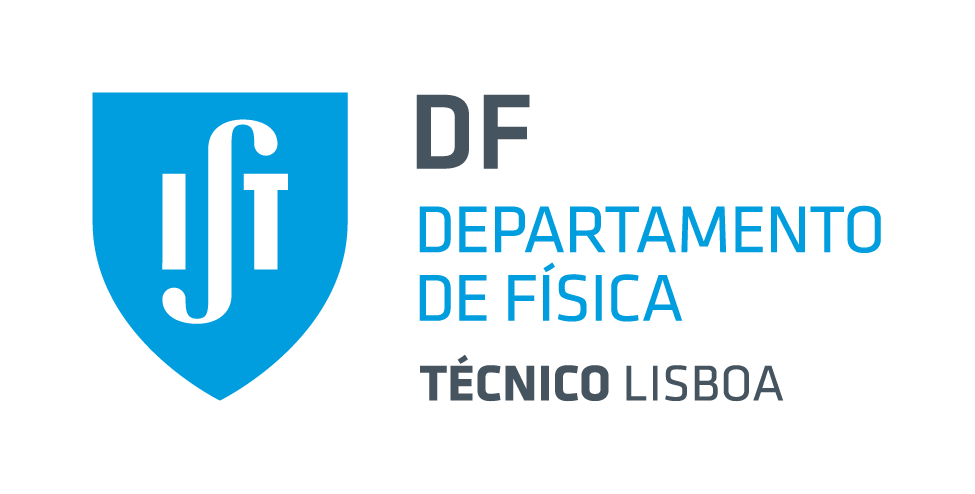Newsfrom our faculty members and students
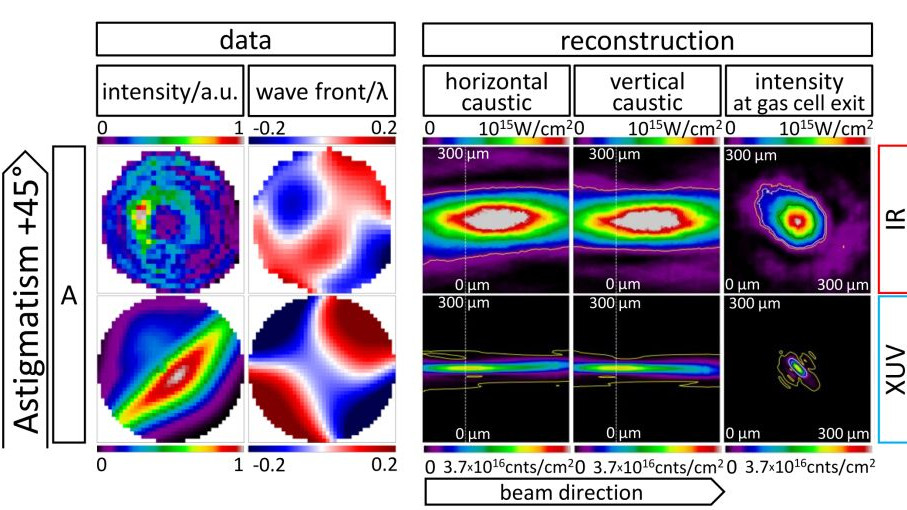
Thomas Wodzinski receives PhD in Engineering Physics
October 15 2020Last October 14, Dr. Thomas Wodzinski received his PhD in Engineering Physics with a thesis entitled ‘XUV Metrology: Focusing and Optimization of the wave front’. His work was supervised by Prof. Marta Fajardo (IST) and Dr Elke Ploenjes-Palm (DESY, Hamburg).
The thesis committee consisted of Dr Rolf Treusch (FLASH/DESY, Germany), Dr Willem Boutu (LIDL, France), Prof. João Mendanha Dias (IST), Prof. Marta Fajardo (IST), and Prof. Luís L. Alves (IST, President).
Congratulations Thomas!
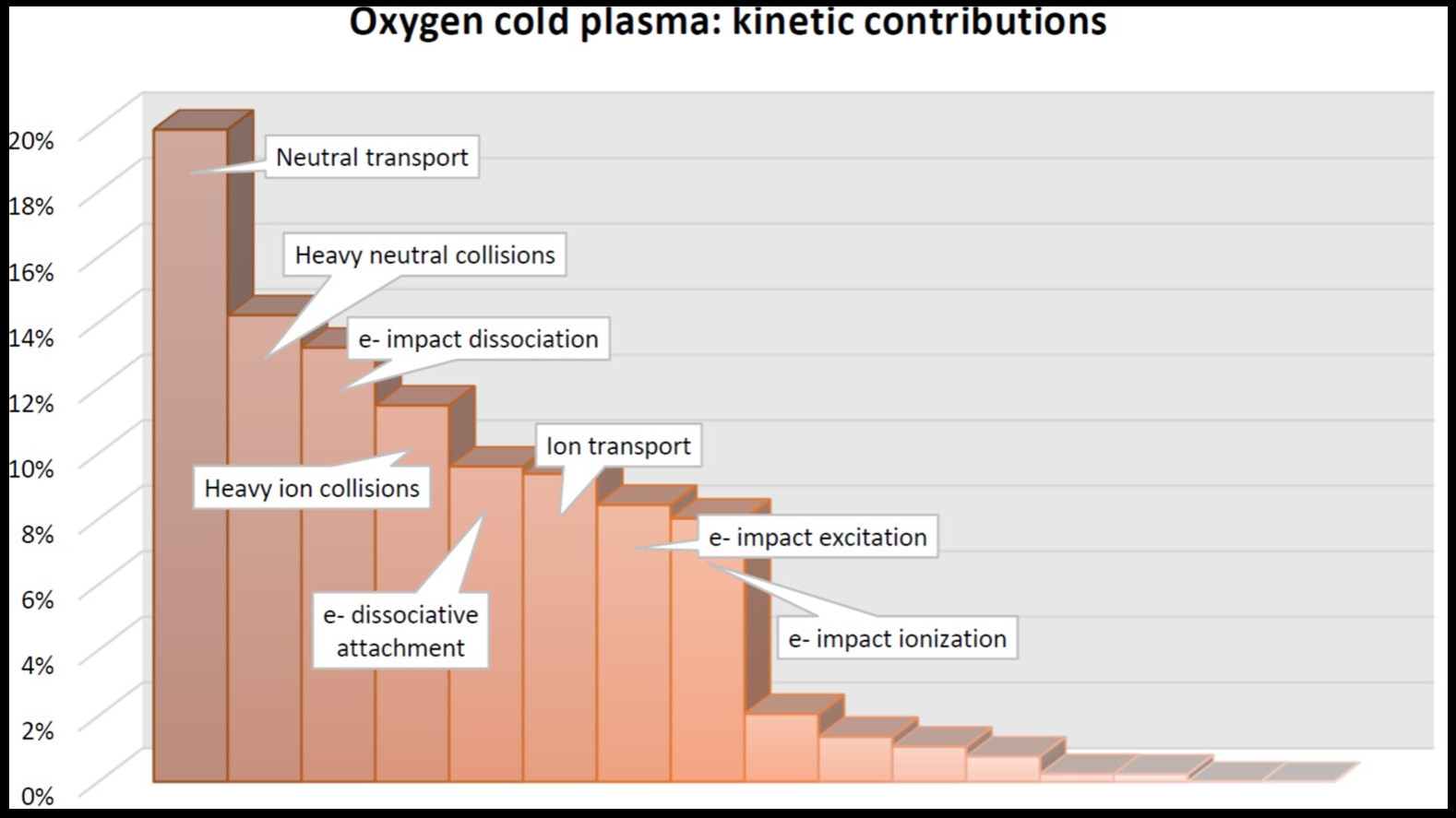
Loann Terraz receives PhD in Engineering Physics
September 28 2020Last September 28, Dr. Loann Terraz received his PhD in Engineering Physics with a thesis entitled ‘Kinetic mechanisms in non-equilibrium plasmas: influence of N2 on CO2 dissociation and sensitivity analysis of computational models’. His work was supervised by Prof. Vasco Guerra (IST) and Dr Olivier Güaitella (LPP/École Polytechnique, Paris).
The thesis committee consisted of Prof. Jan van Dijk (TU/e, The Netherlands), Prof. Gianpiero Colonna (CNR, Italy), Dr Nuno Pinhão (IST), Prof. Vasco Guerra (IST) and Prof. Luís L. Alves (IST, President).
Congratulations Loann!
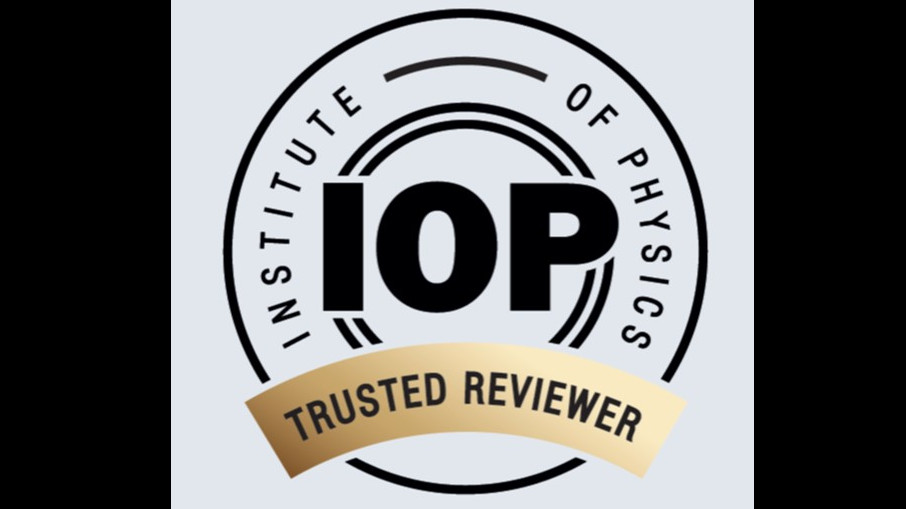
Professor Hugo Terças and Doctor Rui Coelho recognized as IOP "trusted reviewers"
September 25 2020Professor Hugo Terças and Doctor Rui Coelho have achieved the status of "trusted reviewers" from the Institute of Physics (IOP), in recognition of an exceptionally high level of peer review competency.
Congratulations on this achievement !
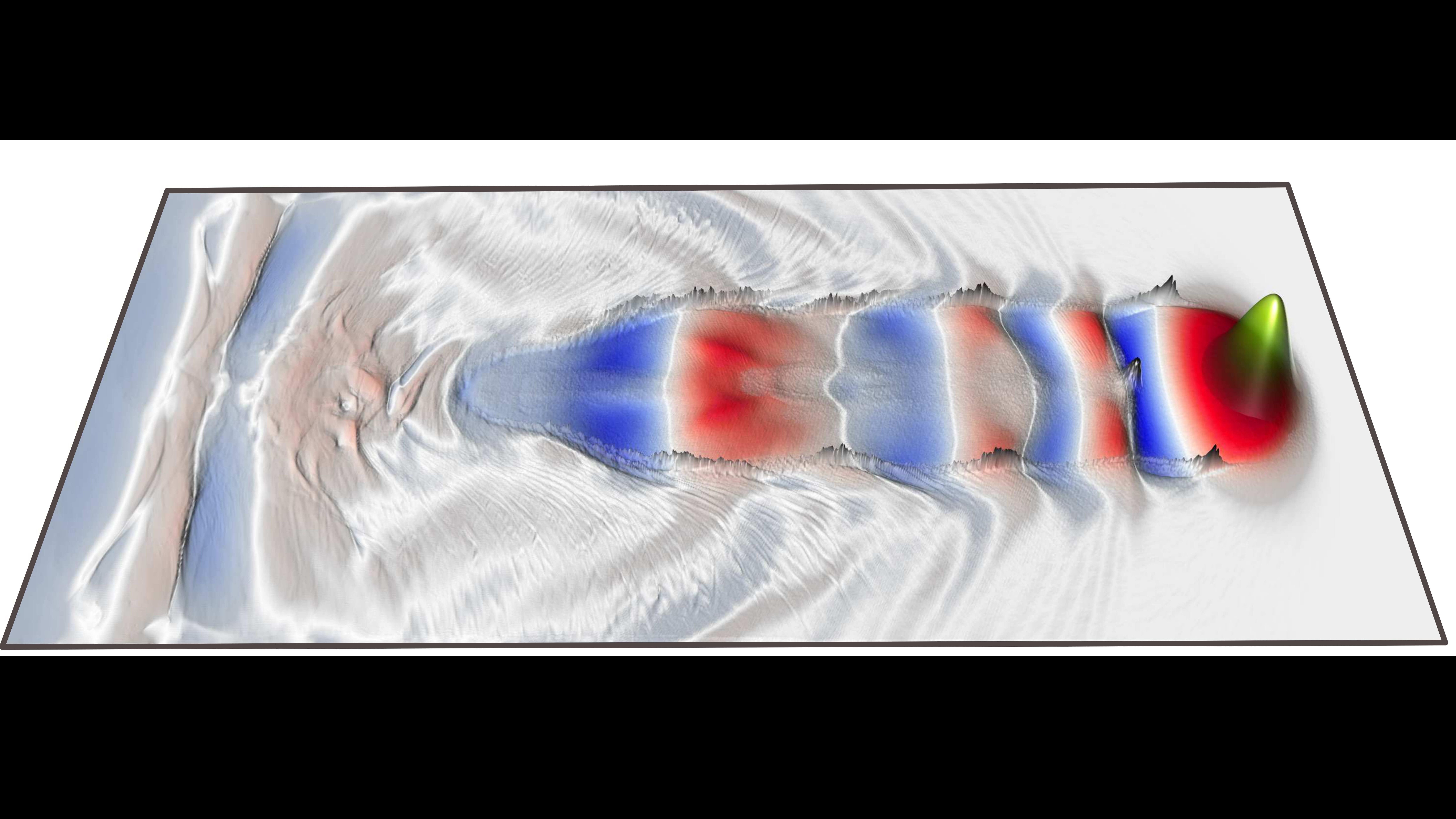
Fabrizio Del Gaudio receives PhD in Engineering Physics
September 08 2020Last September 8, Dr. Fabrizio Del Gaudio received his PhD in Engineering Physics with a thesis entitled ‘Analytical and in silico modelling of collective plasma dynamics driven by QED phenomena’. His work was supervised by Dr. Thomas Grismayer (IST) and Prof. Luís O. Silva (IST), in the scope of the APPLAuSE PhD programme.
The thesis committee consisted of Prof. Dmitri Uzdensky (U. Colorado, Boulder, USA), Prof. Mattias Marklund (U. Gothenburg, Sweden), Prof. Jorge Vieira (IST), Dr Thomas Grismayer (IST) and Prof. Luís L. Alves (IST, President).
Congratulations Fabrizio!
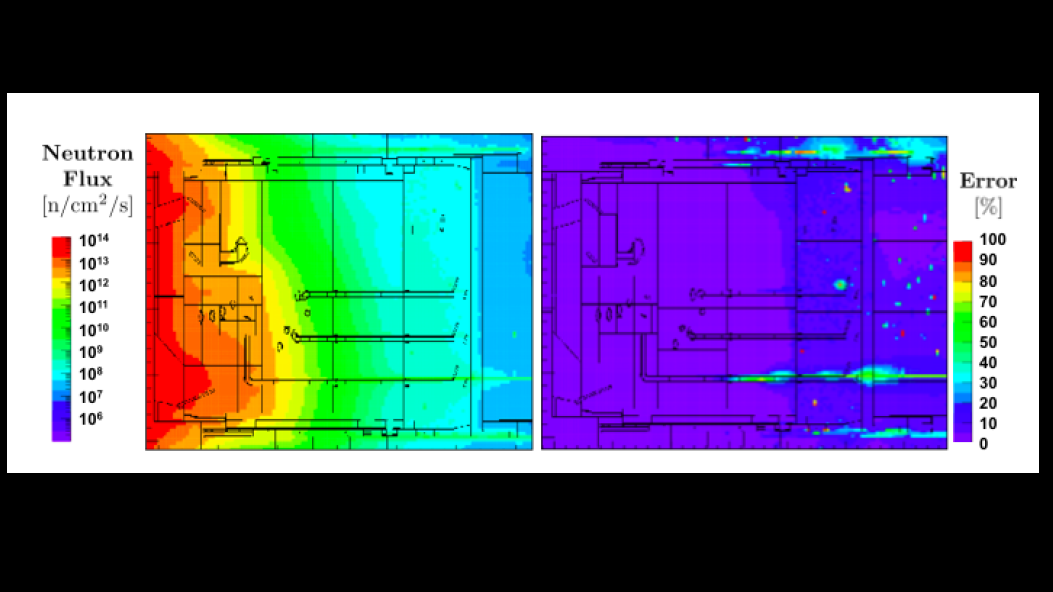
André Lopes receives PhD in Engineering Physics
August 04 2020Last July 22, Dr. André Lopes received his PhD in Engineering Physics with a thesis entitled ‘Collective Thomson Scattering and Plasma Position Reflectometry systems for ITER and DEMO: Neutronics performance assessment and optimisation’. His work was supervised by Dr. Raul Luís (IST), Dr. Esben Klinkby (DTU) and Dr. Bruno Gonçalves (IST), in the scope of the APPLAuSE PhD programme.
The thesis committee consisted of Dr. José Pedro Vaz (IST), Dr. Rosaria Villari (ENEA), Dr. Carlos Silva (IST), Prof. Pedro Teles (FCUP), Dr. Esben Klinkby (DTU), and Prof. Luís L. Alves (IST, President).
André Lopes’ PhD thesis was awarded the maximum mark of “Pass with Distinction and Honour”
Congratulations André !
